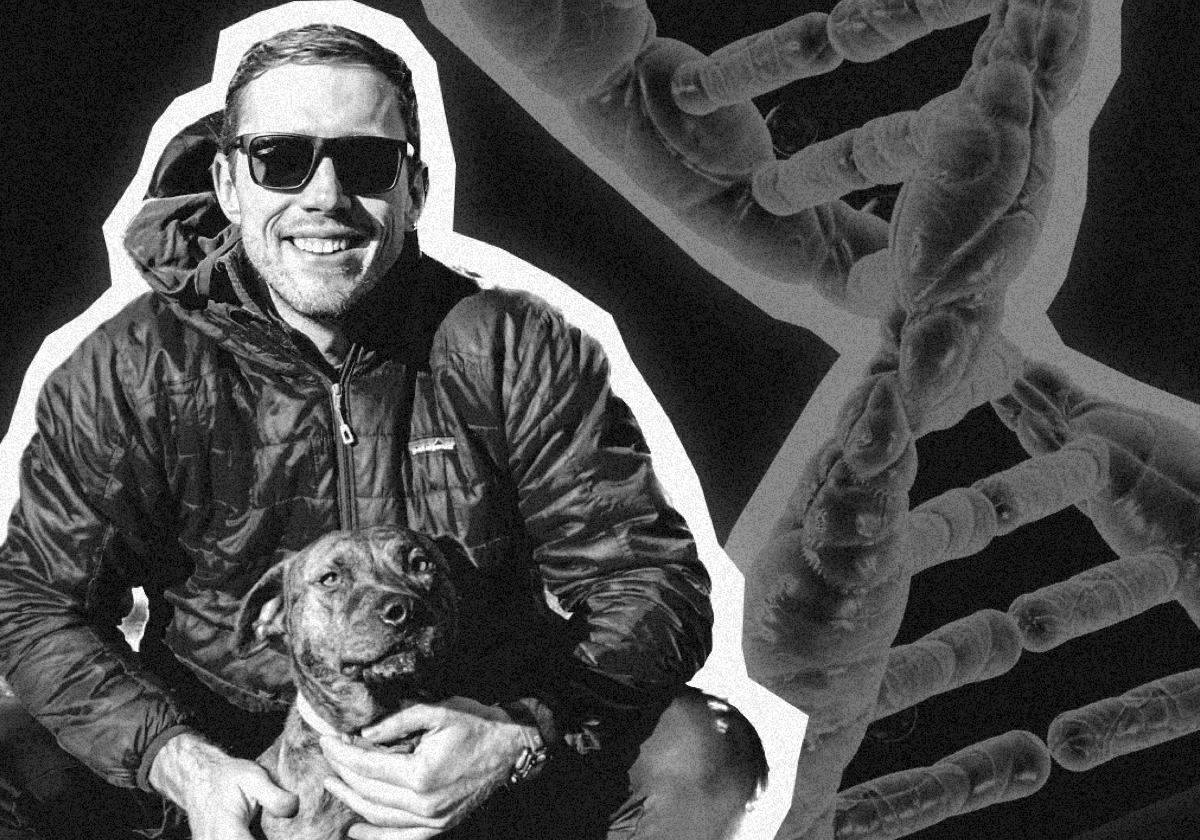The fields of biology and data science have a lot in common. Data scientists and biologists both analyze datasets to try to make sense of the world. Today, data science is becoming increasingly important for biology, as biologists increasingly use machine learning and AI for drug discovery, medical diagnosis, and automating repetitive tasks.
Nonetheless, there is still a large cultural divide between the two fields. Data scientists and biologists regularly approach the same problem from very different perspectives, using different methods and different terminology.
We chatted to Alexander Titus, Chief Strategy Officer (CSO) at the Advanced Regenerative Manufacturing Institute (ARMI) and editor in chief of Bioeconomy.XYZ. Alexander started out as a biologist, then obtained a PhD in data science, and now works towards bridging the gap between the two fields.
Alexander’s background
Alexander first studied biochemistry and biology in college, but was introduced to computer science in his last semester. As he puts it,
“I fell in love with computer science and realized I had studied the wrong thing the whole time.”
“I moved to Silicon Valley and wanted to get a job at a startup in the tech world. But I didn’t have any software skills, so I was working on things unrelated to programming. Then in true Silicon Valley style, I spent all of my time hacking away in my basement: Learning how to code. Learning statistics. Eventually learning machine learning. I got good enough that I could go get my PhD.”
Now, as a strategy executive, Alexander acts as a bridge between data scientists and biologists. He helps lead ARMI towards the right big-picture decisions, making regenerative manufacturing a reality.
#machine-learning #biology #data-science
